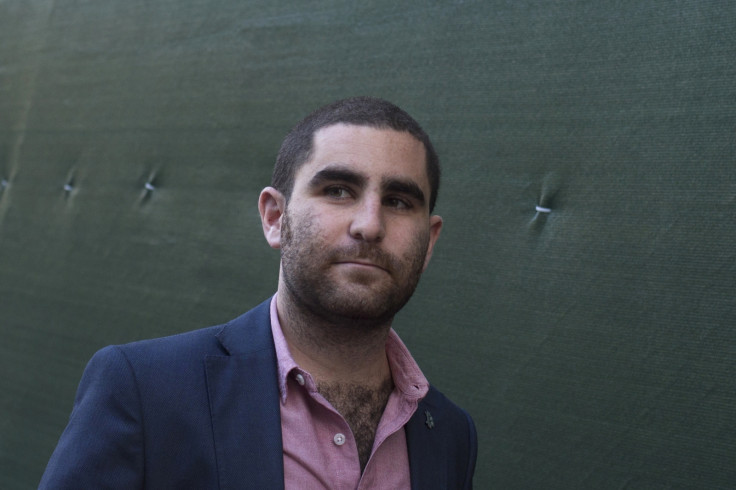Jailed bitcoin entrepreneur Charlie Shrem ponders using currency in prison

Bitcoin entrepreneur, Charlie Shrem, who has started his two-year prison sentence, is thinking about the possibility of "using" the digital currency inside jail.
In an article written for science and technology blog Motherboard, Shrem talks about how bitcoin could hypothetically be used as currency in prison.
"I'm obsessed with bitcoin, and I'm going to prison. So of course I wanted to know if I could continue to use bitcoin on the inside," he writes.
Shrem has been sentenced for assisting notorious online black market Silk Road, after he pleaded guilty to "aiding and abetting an unlicensed money transmitting business". Shrem was CEO at bitcoin firm BitInstant and a former member at Bitcoin Foundation.
Shrem was arrested at JFK airport on 26 January, and he and another bitcoin trader Robert Faiella were charged with selling more than $1m (£674,000, €922,000) worth of bitcoins to users of Silk Road. Bitcoin was the only form of payment on the website.
"Bitcoin may have indirectly landed me in prison, but it's still my passion," Shrem writes.
Speaking about the possibility of using bitcoin in prison, he refers to use of various "currencies" such as stamps, cigarettes and tins of mackerel by inmates.
"As it turns out, running a Bitcoin system in prison is illegal — the Bureau of Prisons strictly forbids "possession of money or currency, unless specifically authorised"— but it's still a fun thought experiment," he says.
Well I'm off to prison now! Follow my twitter for tweets from the inside #Bitcoin
— Charlie Shrem (@CharlieShrem) March 30, 2015
Noting that bitcoin is revolutionary not because it is digital, he says the currency could work even without the backing of technology.
"All you really need for a bitcoin-like currency to work is the ability to keep track of transactions in a central ledger, which is double-checked frequently by users," he says.
"Without a computer or cell phone, prisoners would need to run a ledger completely offline from behind the prison walls. In other words, we'd need a physical notebook to keep track of all the transactions. Instead of swapping physical cans of mackerel, we'd simply write down the amounts in the notebook."
He names the prison version of bitcoin Mackerelcoin, or MAK, which could be used by inmates for various transactions that are recorded on an offline blockchain and exchanged for bitcoin once the balance holder leaves prison.
Shrem realises that the "experiment" can easily be shut down, as it is difficult for inmates to organise. However, the offline way could be useful for tens of millions of underbanked people in the world, according to him.
"In places where the internet is not available, the offline blockchain could be a stepping stone to onboarding them into the global financial system. And even if not, it's still an interesting way to explain how Bitcoin actually works," he concludes.
© Copyright IBTimes 2025. All rights reserved.






















